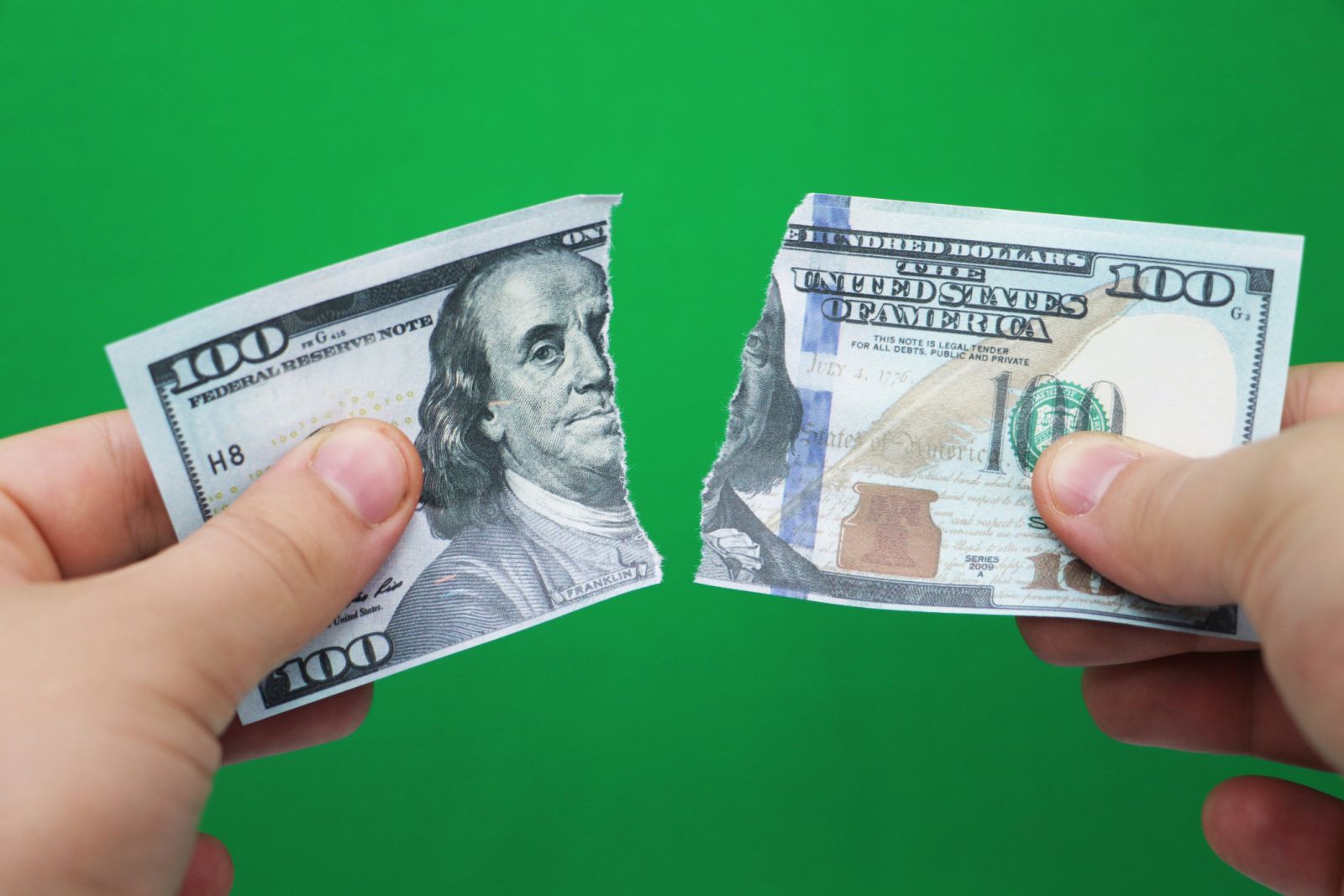 |
 |
|
Name
Cash Bids
Market Data
News
Ag Commentary
Weather
Resources
|
Dollar Weakens on US Credit Downgrade
The dollar index (DXY00) Monday fell by -0.66% and posted a 1-week low. The dollar was under pressure Monday after Moody's Ratings late last Friday downgraded the US government's credit rating from Aaa to Aa1, citing a ballooning budget deficit and fiscal concerns. The downgrade puts the dollar's status as a global reserve currency into question and may prompt investors to liquidate dollar assets. Monday's drop in the US Apr leading economic indicators by the most in over two years was also bearish for the dollar. Hawkish Fed comments on Monday limited losses in the dollar. US Apr leading economic indicators fell -1.0% m/m, right on expectations and the biggest decline in over two years. Atlanta Fed President Bostic said, "Given the trajectory of our two mandates, I worry a lot about the inflation side, and mainly because we're seeing expectations move in a troublesome way," and that he is leaning toward only one Fed rate cut this year. He added that last Friday's decision by Moody's Ratings to downgrade their rating of US debt could have a negative impact on US companies and households who seek to borrow money. Other Fed comments on Monday signal policymakers want to wait for more information before deciding on any interest rate changes. Fed Vice Chair Jefferson said Fed policy is in a "very good place" and is having a "moderately restrictive" effect on the economy. He added, "Given the level of uncertainty that we're facing right now, I believe that it is appropriate that we wait and see how government policies evolve over time and their impact" on the economy. Also, New York Fed President Williams said the Fed could take its time assessing new data before deciding on interest rate changes and that it "may need months" to better understand tariffs and other policies from the Trump administration and the outlook for the economy. The markets are discounting the chances at 9% for a -25 bp rate cut after the June 17-18 FOMC meeting. EUR/USD (^EURUSD) Monday rose by +0.66% and posted a 1-week high. The euro rallied on Monday after Moody's Ratings cut its credit rating on US debt, which has prompted investors to liquidate dollar assets and diversify their funds into other non-dollar assets, such as the euro. Comments on Monday from ECB President Lagarde were supportive of the euro when she said the dollar's recent decline against the euro reflects "the uncertainty and loss of confidence in US policies among certain segments of the financial markets." Swaps are discounting the chances at 91% for a -25 bp rate cut by the ECB at the June 5 policy meeting. USD/JPY (^USDJPY) Monday fell by -0.55%. The yen climbed to a 1-week high against the dollar Monday after Moody's Ratings cut its credit rating on US debt, sparking safe-haven demand for the yen. Hawkish comments from BOJ Deputy Governor Uchida also boosted the yen when he said the BOJ will raise interest rates if its outlook for the price trend to eventually rise toward its 2% target is realized. Gains in the yen were limited after the Japan Mar tertiary industry index posted its largest decline in 7 months. The Japan Mar tertiary industry index fell -0.3% m/m, weaker than expectations of -0.2% m/m and the biggest decline in 7 months. June gold (GCM25) Monday closed up +46.30 (+1.45%), and July silver (SIN25) closed up +0.153 (+0.47%). Precious metals on Monday settled higher after the dollar index dropped to a 1-week low. Also, last Friday's action by Moody's Ratings to downgrade the US government's credit rating boosted demand for precious metals as a store of value. In addition, geopolitical risks in the Middle East continue to support safe-haven demand for precious metals. Israeli Prime Minister Netanyahu announced an "unprecedented attack" on Hamas and said Israel would take over the entire Gaza Strip. Also, Israel's airstrikes on Houthi rebels in Yemen continue. Higher global bond yields on Monday are negative for precious metals. Also, fund liquidation of long gold positions continues to weigh on prices due to the easing of US-China trade tensions after China and the US recently agreed to reduce tariffs on each other's goods. Long gold positions in ETFs fell to a 5-week low last Friday. Hawkish comments Monday from BOJ Deputy Governor Uchida were bearish for precious metals when he said the BOJ would raise interest rates if its outlook for the price trend to eventually rise toward its 2% target is realized. On the date of publication, Rich Asplund did not have (either directly or indirectly) positions in any of the securities mentioned in this article. All information and data in this article is solely for informational purposes. For more information please view the Barchart Disclosure Policy here. |
|
|